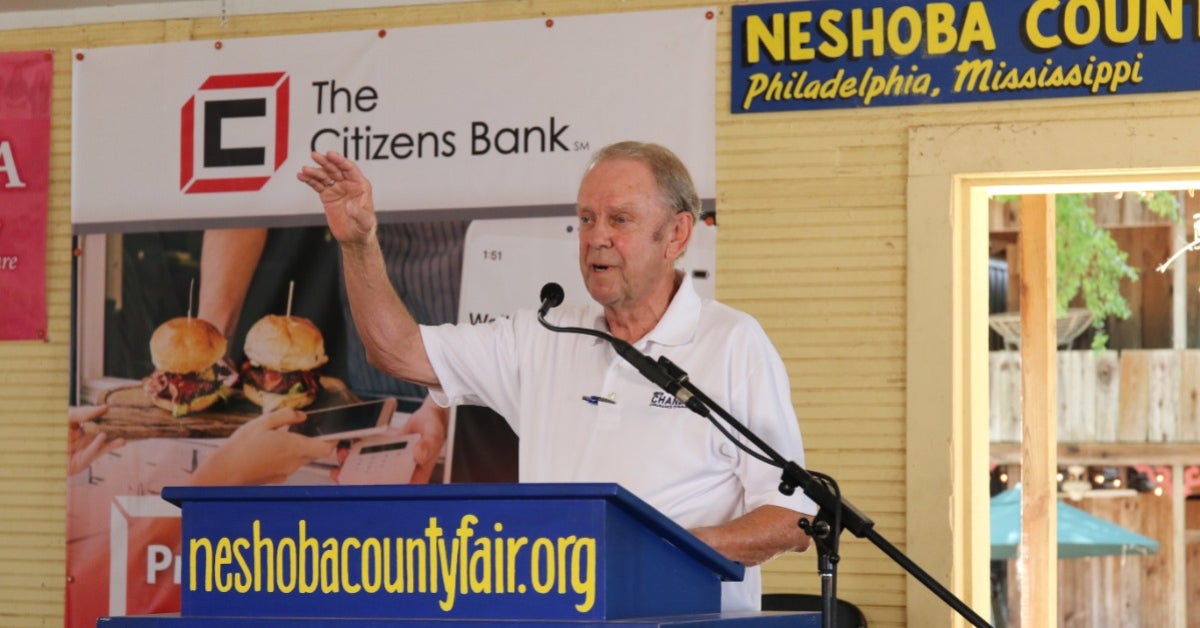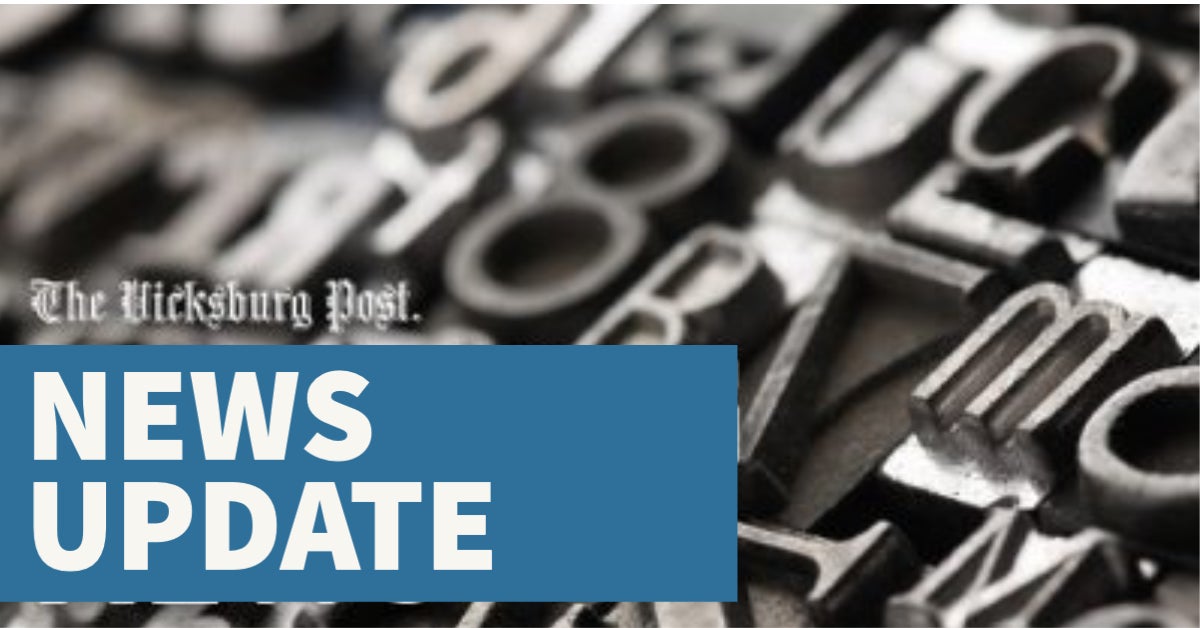We have lost another part of America’s voice
Published 7:53 pm Friday, October 4, 2019
Jessye Norman has died.
That is one of the saddest sentences of my life.
I cannot imagine my Christmas without her, though, in time, I will play it and thrill once again to the aptly named “Jessye’s Carol,” the utterly transcendent “Christmastide” that no one could sing except her.
In the two years or so I have written this column, I have mentioned her three times at least, one of them being how I flew back to Chicago whenever she was performing. Now for these few days since her death, I have been gathering everything about her I could; about that wondrous, majestic voice in song and performance, and her perfect diction in speech; about her grandmother’s sole advice and requirement to “stand up straight and sing,” and how heads turned when she entered a room.
I have learned about a project she helped plan to honor Sissieretta Jones, who in 1893, only three decades out of slavery, became the first African American woman to headline a concert on the main stage at Carnegie Hall.
Who knew?
Admittedly misappropriating James Boswell about Samuel Johnson, I am fond, nonetheless, of declaring, “No matter in what direction you go, you meet us on our way back.”
It is certainly sad, even tragic, that nearly at the same time, America and the world have lost both their dominant artists in both words and music, Toni Morrison and Jessye Norman; both African American women.
As far back as 1983, Norman had credited other African American artists Marian Anderson, Dorothy Maynor and Leontyne Price among them, with paving the way for her. “I do not consider my blackness a problem,” she said. “I think it looks rather nice.”
I, and all others nearing our 80s grew up with Marian Anderson as our sole iconic race reference. We all knew her story, how she was prevented by the DAR from singing at Constitution Hall. Instead, she sang outside in front of the Lincoln Memorial. Jessye knew that too.
But for all of her regalness, Jessye was and remained intensely, immensely approachable. I love her interview about “Amazing Grace,” and the fact many of her European voice teachers and coaches could not pronounce the “J” in her name. To them, she was always “Yessie.”
I have heard many of her opera performances on CD, the premier recording system of her time. And as part of her obituary, The New York Times compiled and made available “10 of Her Greatest Performances” for free. I am thrilled to have them and to be able to hear them again and again.
In the end, though, I will return to Spotify to hear her renditions of “Do Lawd, Oh Do Lawd,” “Every time I Feel The Spirit,” “Ride On, King Jesus,” “Give Me Jesus” and “He’s Got The Whole World In His Hands.”
And then on Christmas Day, I will play “This Christmastide,” and her incomparable “Adeste Fideles” at the Ely Cathedral Christmas Concert.
I, we, won’t ever see, or hear, her likes again.
Yolande Robbins is a community columnist for The Vicksburg Post.





